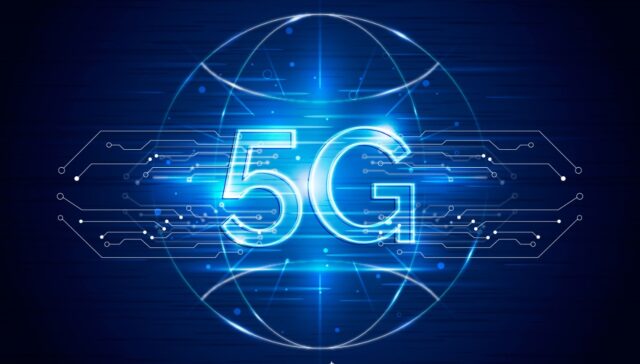NEW DELHI: In about two weeks, India’s Department of Telecom (DoT) is expected to green-light the 5G trials by telecom operators involving world players Ericsson, Samsung, Huawei and others. The trials are being conducted at their cost, which is expected to work out to around Rs 60 crore each over the next year.
StratNews Global learns that the equipment has already been brought into the country and will be installed when the go-ahead is given. The trials will cover both urban and rural areas but those members of the public expecting to avail of 5G services during the period of trial will be disappointed, said an industry insider. “This is completely standalone network meant only to demonstrate speed and latency of the network,” he said. “The Department of Telecom and the security establishment are clear that this is a trial and therefore it cannot be used by the public.”
The operators have submitted their 5G trial applications and are awaiting approvals from the government and the industry says any new additional requirement from DoT could delay the trials.
The industry also believes the government must get its priorities right, in this case the spectrum auction slated for April-May. Given the government insistence on high spectrum reserve prices, there may be no bidders for 5G spectrum when the auction happens. Vodafone-Idea is not expected to bid, given its stressed financial condition. Bharti Airtel and Jio are expected to bid for 4G LTE spectrum—which they currently hold—due to expire in 2021. This is essential to ensure that their operations are not impacted. Jio may also bid for spectrum in 850 MHz which is critical for its 4G network and of which it does not have sufficient quantity.
So it would appear that the entire auction could collapse but, curiously, the government seems okay with the failure of the bid rather than cancelling the auction. The latter, StratNews Global was told, would involve a messy inquiry. On the other hand, an auction which involves no bids implies that the price of spectrum will fall, therefore making it more affordable for telecom operators going forward. Even in the recent past, reserve prices of spectrum were reduced after auctions failed.
It’s also important to note that running a 5G network is not going to be cheap. It will cost an operator upward of Rs1.5 lakh crore for the spectrum alone to set up a 5G network. Another Rs 6-7 lakh crore will have to be invested in the running of the network over its lifetime. Additional revenues that can be expected, amount to no more than Rs 1 lakh crore annually. So the financial viability of the network is in serious question.
Muddled government thinking has not helped matters. A case in point is the Indian Railways, which is seeking 5 MHz spectrum in 700 MHz to set up an ultra high-speed LTE based communications corridor along its network for ground-to-train and train-to- train communications. The Department of Telecom is expected to ask the railways to cough up Rs 35,000 crore for that much spectrum, money which the public carrier cannot be expected to have. State-run Bharat Sanchar Nigam then stepped in offering to share its spectrum with the railways. But given that the former is considered sick (and in the middle of extensive restructuring), the offer though well-meaning cannot be taken seriously.
These developments have underscored the larger mess in the telecom sector, of which the DoT’s recent directive to telecom operators to pay up their adjusted gross revenues (following a Supreme Court nudge), is only one part. The operators are hoping to spread the payments out over a number of years to soften the financial impact.
That aside, the industry believes that with 55 networks worldwide running on 5G, India cannot afford to play the laggard in this crucial sector. A positive move on 5G could give a big boost to Indian IT which otherwise would lose out on global opportunities.
Is the government waking up? Recall External Affairs Minister S Jaishankar saying recently that this government was working to resolve issues left unattended by successive governments in the past. One hears that the Union Home Ministry is now seized of the telecom mess and is receiving daily briefings on a range of matters including 5G. Hopefully there could be light the end of the tunnel.
Thirty eight years in journalism, widely travelled, history buff with a preference for Old Monk Rum. Current interest/focus spans China, Technology and Trade. Recent reads: Steven Colls Directorate S and Alexander Frater's Chasing the Monsoon. Netflix/Prime video junkie. Loves animal videos on Facebook. Reluctant tweeter.





